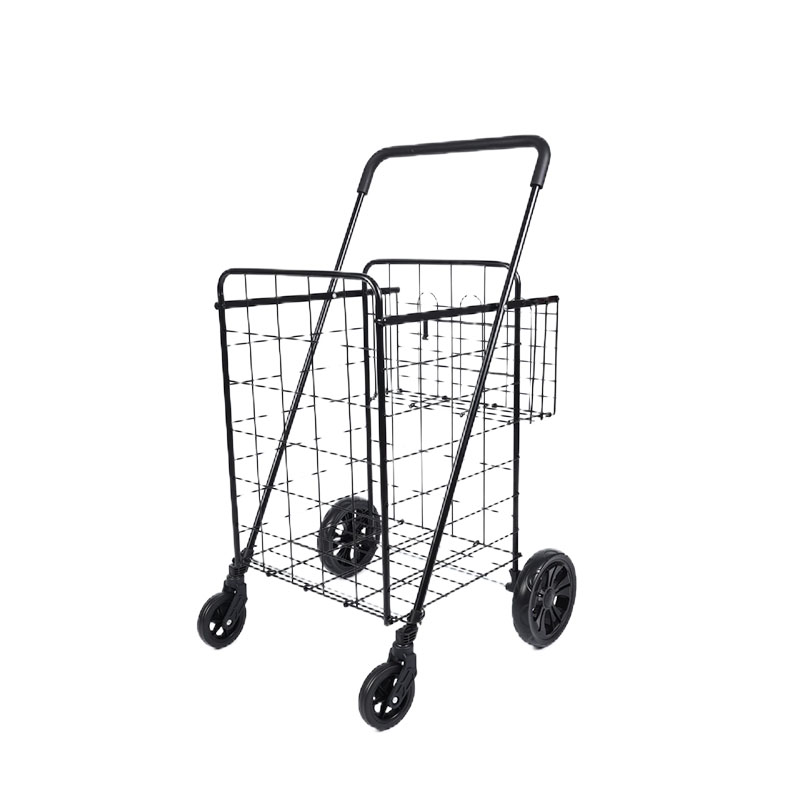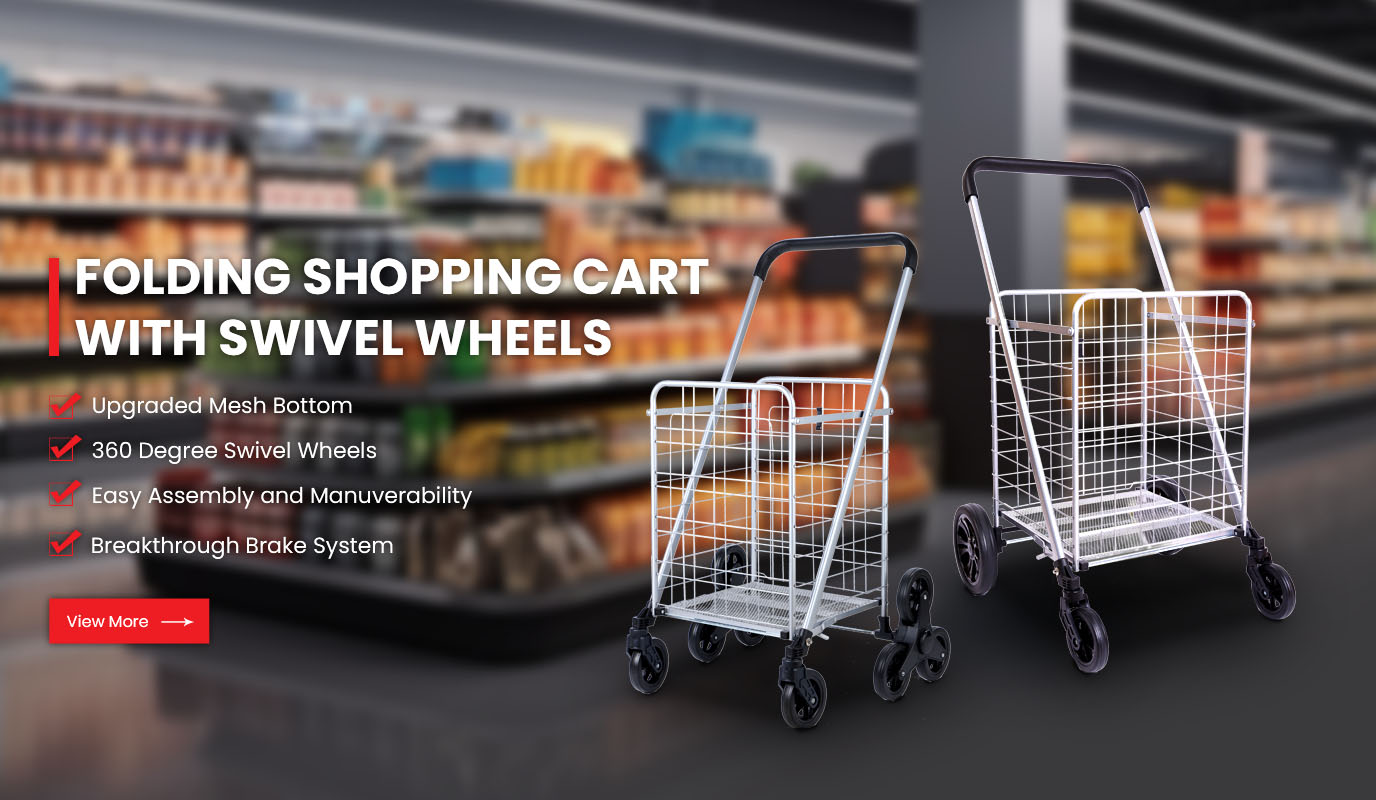How To Reduce Compliance Risks By Scan Certified Factories When Transferring Orders From Vietnam To China?
Tariff war and supply chain reconstruction: the rise of Vietnam transfer orders
Capacity constraints: Vietnam's manufacturing industry is only 5% of China's. In 2022, the vacancy rate of industrial parks in Ho Chi Minh City will be less than 1%, making it difficult to undertake large-scale order transfers.
Compliance risks: Social responsibility and supply chain security issues in Vietnamese factories are frequent, resulting in an increase in the return rate of European and American buyers to 8%.
SCAN certification: the core tool for breaking down compliance barriers in Europe and the United States
Anti-terrorism security: Factories need to install CCTV monitoring and establish cargo tracking systems to ensure transparency throughout the supply chain.
Labor rights: Forced overtime and child labor are prohibited, and monthly working hours must not exceed 60 hours.
Green production: Wastewater treatment and waste recycling must comply with ISO 14001 standards.

Chinese manufacturing companies quickly pass SCAN certification through the following methods:
Digital management system: deploy ERP and MES systems to monitor production data in real time and generate compliance reports.
Third-party pre-audit service: invite UL, TÜV and other institutions to pre-audit and fix 90% of non-compliant items in advance.
Employee training: at least 8 hours of anti-terrorism, safety, and environmental protection training each year to ensure compliance awareness of all employees.
Data support: In 2023, the number of factories in China that have passed SCAN certification will increase by 35%, and the certification pass rate will increase from 62% to 88%.
Transfer order practice of collapsible shopping trolley bag
Product advantages and market demand
Space efficiency: The volume is reduced by 80% after folding, which is suitable for car trunks and home storage spaces.
Multi-scenario application: It can be used for supermarket shopping, camping equipment storage, and even temporary luggage check-in.
Environmental properties: Recycled polyester fiber (rPET) is used to meet the EU's "plastic tax" requirements.
Cost reduction path of Vietnam transfer + China production
Vietnam order: Set up a trading company in Hanoi and use the Vietnam-EU Free Trade Agreement (EVFTA) to achieve zero-tariff exports.
China production: Raw material procurement, cutting and sewing, etc. are completed in Guangdong SCAN certified factories, and labor costs are 15% lower than Vietnam (Vietnam monthly salary of US$350 vs. US$280 in the Pearl River Delta of China.
Compliance guarantee: The factory has passed the SCAN certification to ensure that the products comply with the US Customs C-TPAT anti-terrorism standards and the EU REACH chemical regulations.
Implementation strategy: Full process management from order transfer to certification
1. Dual-track supply chain
Vietnam's "light asset" operation: only retain the order-taking, logistics and customer service teams to reduce fixed costs.
China's "heavy technology" production: Invest in automated equipment (such as smart cutting tables, automatic sewing machines) to increase production efficiency by 40%.
2. Pre-certification
Compliance in the design stage: Introduce the SCAN standard during the product development stage to avoid rework later. For example, the metal accessories of Shopping Bags must pass ROHS testing to ensure that the lead and cadmium content does not exceed the standard.
Dynamic compliance monitoring: Use blockchain technology to record raw material traceability data and synchronize it to the customer platform in real time.
3. Risk hedging
Diversified production capacity: Layout production bases in Southeast Asia (Vietnam, Thailand) and China at the same time to cope with sudden tariff adjustments.
Insurance coverage: Purchase supply chain interruption insurance and compliance liability insurance, which can cover up to 80% of losses.
Future Outlook: Dual Competitiveness of Compliance and Cost
Compliance barriers transformed into moats: The European and American markets continue to rely more on certified factories, and Chinese leading companies can seize high-end orders.
Technology-driven cost optimization: Industry 4.0 upgrades further reduce production costs and offset tariff impacts.
For high-growth categories such as collapsible shopping trolley bags, companies need to focus on three points:
Agile supply chain: Establish "small order fast response" capabilities to meet the personalized customization needs of European and American customers.
Green certification: Pre-layout carbon footprint labels to respond to the EU's "carbon tariff".
Branding transformation: From OEM to ODM, increase profit margins through private brand premiums.
The reconstruction of the supply chain under the tariff war is essentially a game between "compliance capabilities" and "cost efficiency". Chinese manufacturing companies circumvent tariff barriers by transferring orders to Vietnam, and then use SCAN certified factories to solve compliance risks, opening up a new path of "low cost + high trust". The case of collapsible shopping bags proves that only by transforming global trade rules into endogenous competitiveness can companies remain invincible in the tide of anti-globalization.



